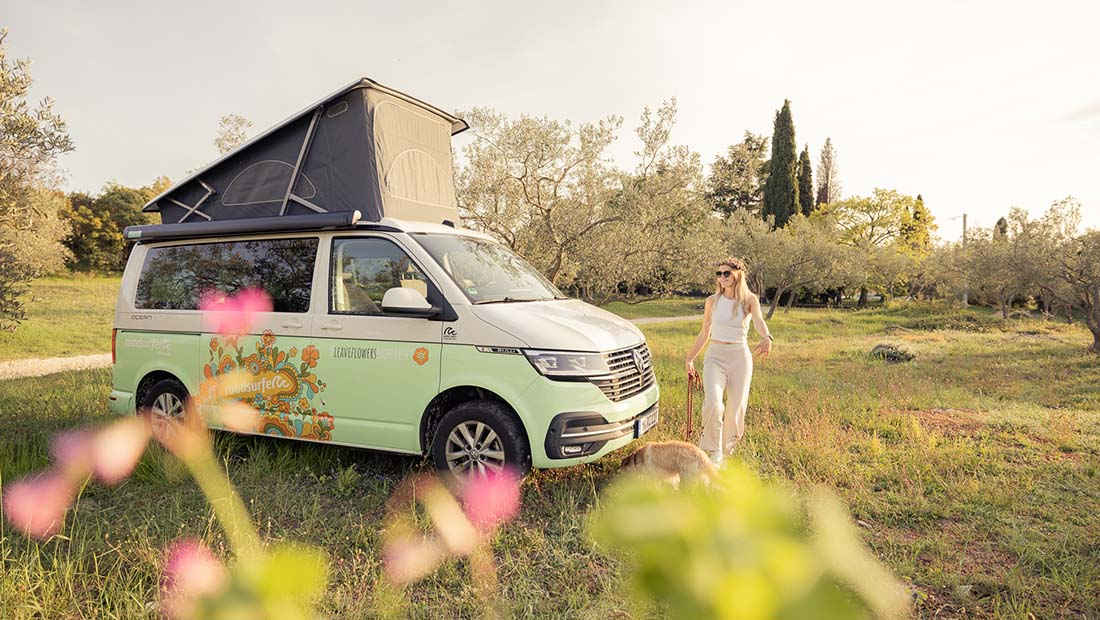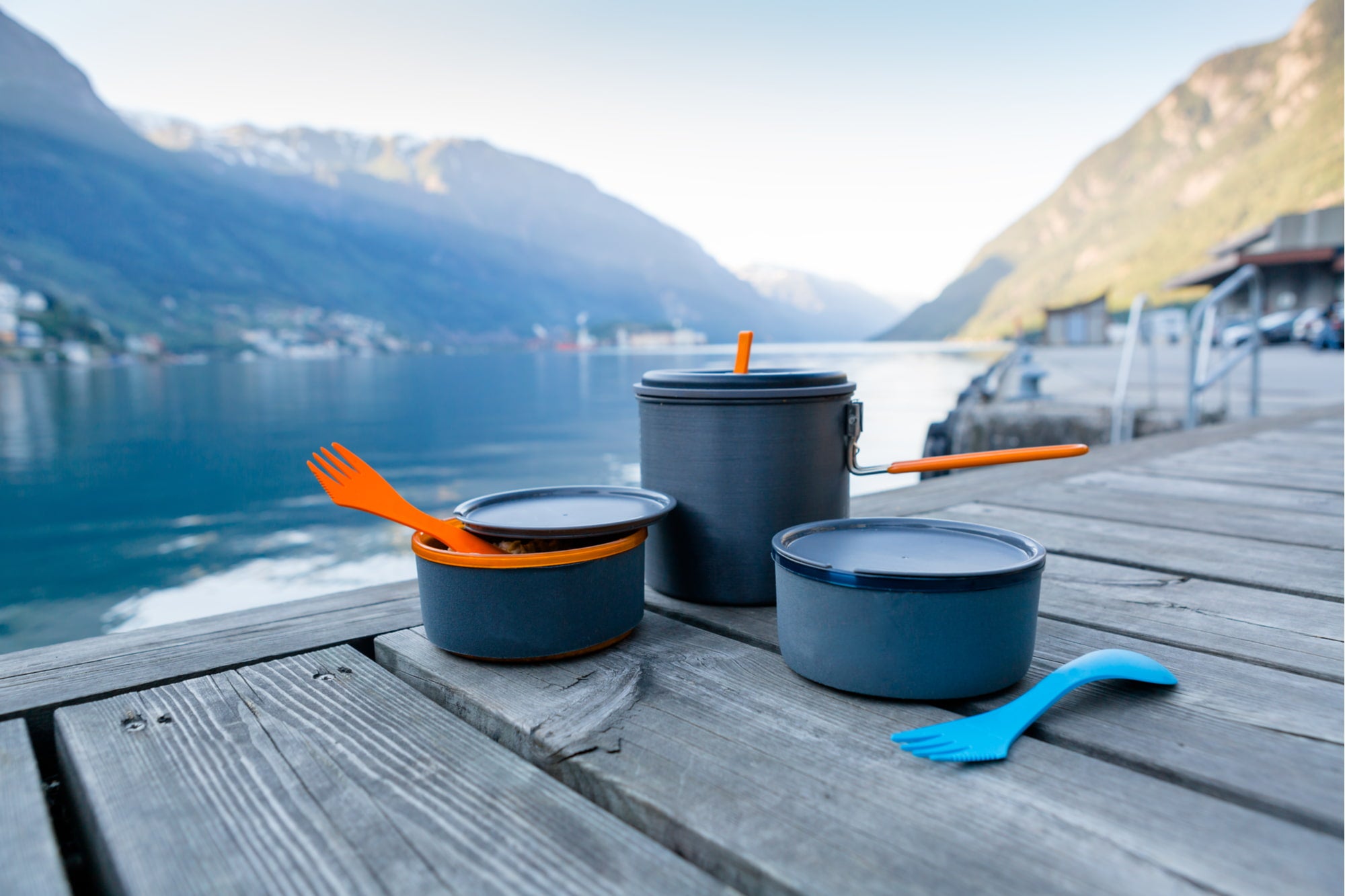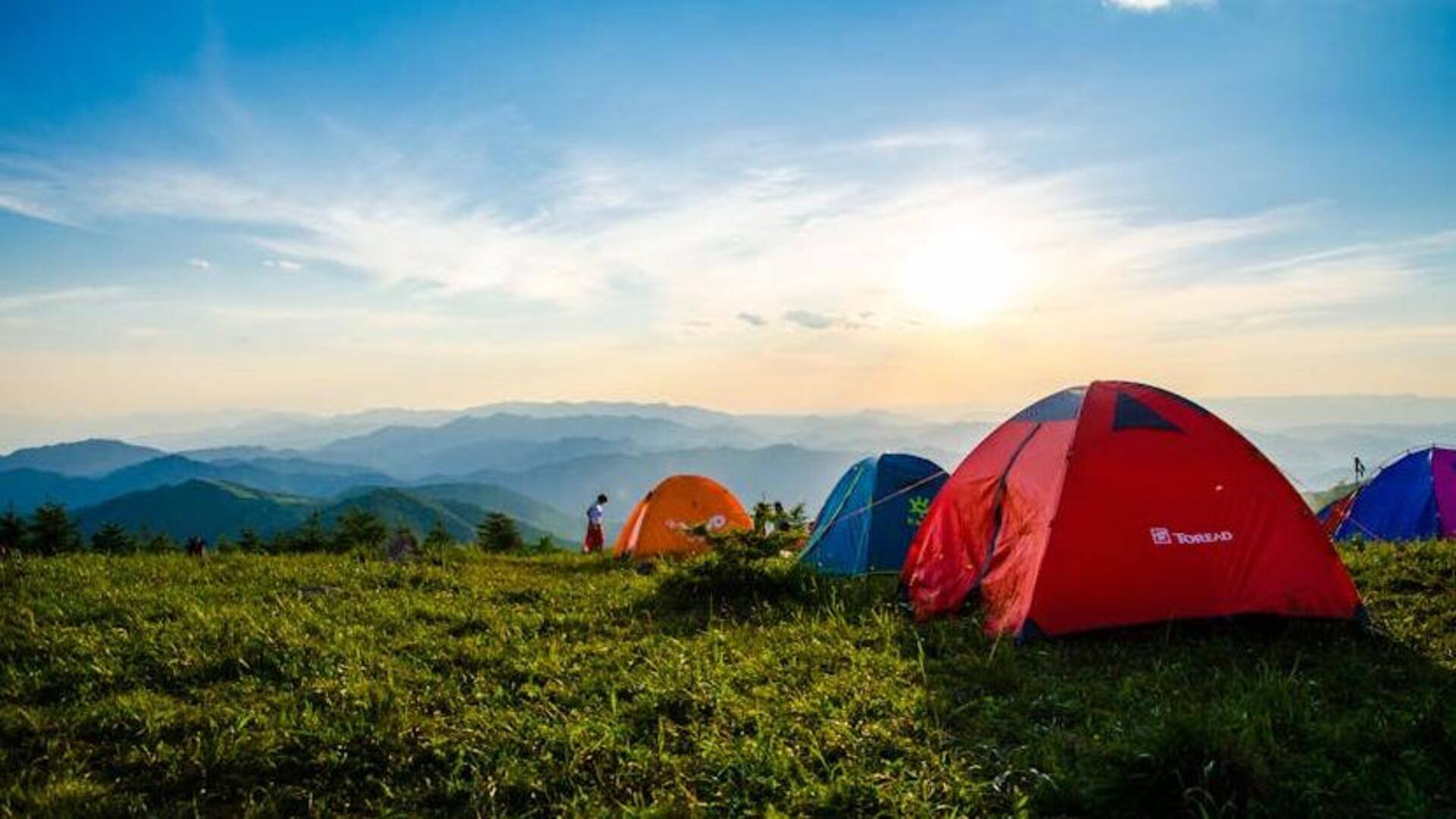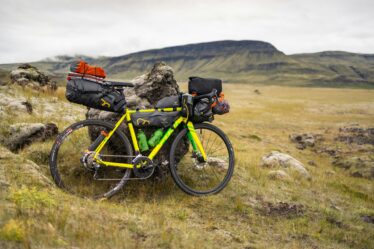You may arrange a zero waste camping adventure by doing some easy things. First, plan your trip thoughtfully. Bring only what you absolutely require. Choose things that can be reused. Choose meals that create little or no trash. You avoid pollution and clean water. You also don’t make use of single-use plastics. All small alterations make the world cleaner and greener.
Tip: Don’t fret, zero waste camping doesn’t have to be perfect. One eco-friendly choice counts.

Pre-Trip Prep
Campsite Choice
You are setting the vacation tone when you choose a quality campsite. Look for campsites that are eco-friendly. Some parks now have recycling centers, composting toilets, and stated waste regulations. Some are even sustainably certified. You are preserving nature if you choose an area with leave no trace camping practices.
Tip: Call the information desk of the park ahead of time. Ask them about what their waste policies are and recycling options.
Attempt to camp close to home. That reduces your travel impact. You also conserve fuel and minimize pollution. If you are backcountry camping, check if the site is acceptable to use fires or do you bring a camp stove along. Always check local regulations so that you keep the land healthy.
Packing List
A clever packing list keeps you away from wastage. Start with the Five R’s: Refuse, Reduce, Reuse, Recycle, and Rot. These are your all-items-packing motto.
- Refuse: Don’t use single-use items. Don’t use disposable plates, cups, and cutlery.
- Reduce: Bring what you absolutely need. Bring no extras.
- Reuse: Bring things you can reuse again and again.
- Recycle: Pack bags or containers to store recyclables.
- Rot: Food waste planning. Pack a compact compost bin if allowed.
Create your list first. Look in your gear closet first. Borrow if you don’t have it. You can also buy second-hand equipment. This is more economical and prevents things from landfills.
Note: The majority of outdoor shops will rent equipment. Renting is an excellent way to try out new equipment without buying.
Reusable Equipment
Reusable gear is the foundation of zero waste camping. Choose things that last and have multiple uses. Stainless steel water bottles, metal or bamboo utensils to eat with, and cloth napkins are good options. Bring food containers made of glass or metal. These keep your food fresh and minimize plastic waste.
Find environmentally friendly camping gear that is made from recycled or natural materials. Sleeping bags, tents, and backpacks come in environmental options today. You’re helping the planet when you buy gear that will endure and not damage the environment.
- Use a solar lantern in place of disposable batteries.
- Pack a reusable grocery bag with food and supplies.
- Pack a washable sponge and dishcloth to clean.
You have a significant effect with few alterations. Every reusable item that you carry along reduces waste from your campsite. You also inspire the rest of the individuals who want to adopt eco camping tips.
Keep in mind: The Five R’s help you make improved choices along the way.
Food & Water
Bulk Shopping
You can cut down on your packaging waste by shopping in bulk before you travel. Bring your own containers or reusable bags when shopping. Fill them with dry staples like rice, pasta, oats, or trail mix. Most supermarkets have bulk bins for snacks, nuts, and even spices. That way, you avoid single-use plastic and extra wrapping.
Tip: Create a list of groceries before you go. This keeps you organized and only buy what you have on your list.
Choose foods that are non-perishable. Dried fruit, beans, and whole grains are excellent choices to take camping. You save money and reduce waste by buying only what you plan on eating.
Meal Prep
Plan your meals at home so that camp cooking is easy and clean. Pre-chop vegetables, marinate meat, and package snacks. Store them in reusable containers. This reduces trash in the campsite and adheres to leave no trace camping principles.
- Prepare meals with simple ingredients.
- Utilize foods with little packaging.
- If bringing perishable items, bring a small cooler.
You can also try making your own snacks, like trail mix or home-prepared granola bars. Homemade snacks mean less waste and more nutrition.
Water Solutions
All campers need clean water. Bring a large, reusable water jug instead of many small ones. Take a water filter or purifier if you’re close to a stream or lake. This reduces the need for single-use plastic water bottles.
Note: Always ensure the water supply is safe before consumption.
Bring one refillable water bottle per person. Stainless steel or BPA containers are tough and are compatible with sustainable camping gear. You save the planet and follow eco camping tips when you minimize plastic consumption. Don’t leave any trash behind and make sure to leave the campsite as clean as you found it.
Zero Waste Camping Kitchen
Reusable Cookware

You are making a big impact if you choose reusable cookware for your camping kitchen. Stainless steel pots, cast-iron pans, and bamboo utensils last for years. They allow you to avoid single-use plastics and reduce trash. Enamel plates and cups are also fine to use. They are not easy to break and can be used for outdoor food. The majority of campers like to pack a spork, which is a fork and a spoon put together in one. It conserves space and eliminates unnecessary gear.
Tip: Pack only what you need for cooking and eating. You keep your load light and your kitchen simple.
Dishwashing
Wash dishes in an eco-friendly way. Recycle water with the help of a basin or bucket. Pick a biodegradable soap that is friendly to the environment. Wash your dishes by employing a washable sponge or cloth. Throw away used water at least 200 feet away from a lake or stream. This keeps water sources clean and follows leave no trace camping ethics.
- Scrape food bits into your compost bucket before washing.
- Wash dishes with minimal water, saving resources.
- Dry dishes with a towel or hang them up to dry in the sun.
Remember: Clean gear lasts longer and enables you to enjoy every meal al fresco.
You might also like our detailed review of best resorts in seychelles all-inclusive.
Plastic-Free Storage
You can store food and leftovers without plastic. Glass containers, stainless steel containers, and beeswax wraps are suitable substitutes. These will preserve the food and animal-proof them. Cloth bags hold bread, snacks, or fruits. You do not employ plastic waste and green camping concepts when you utilize these gear.
Note: Label your containers so that you can identify them easily. This will make camp cooking easier and fun.
You help preserve the great outdoors by using environmentally friendly camping gear in your own kitchen. All little things count toward a cleaner, greener camp ground.
Hygiene & Toileting
Eco Hygiene
You can stay hygienic outdoors without creating waste. Choose reusable products for your hygiene kit. Carry a washcloth or travel-sized towel instead of paper towels. Pack a bar of environmentally friendly soap. This type of soap breaks down naturally and preserves clean water. Use a bamboo toothbrush and toothpaste tablets. These create less waste than plastic toothbrushes and tubes.
Tip: Store your toothbrush and soap in a small tin or cloth. This dries them out and they are easy to spot.
Carry a small container of natural hand sanitizer. Refill it for every venture out. For deodorant, choose a plastic-free stick or make one from baking soda and coconut oil. If you must use wipes, choose compostable wipes and take them out when finished. Never drop wipes or soap on the wild.
- Use a quick-drying towel to wash up.
- Clip your towel to your backpack to dry on the sun.
- Keep your hygiene kit light and straightforward.
You help keep the outdoors intact when you use eco camping techniques for hygiene. Every bit counts to support leave no trace camping.
Bathroom Solutions
You need to have a bathroom plan at camp. There are toilets at some camps, but there usually are not. Always double-check ahead of time. If you do use the campground toilet, bring your own toilet paper. Use bamboo or recycled paper. Pack it in a water-proof container.
If you backcountry camp, use a portable toilet or dig a small cathole with a trowel. Dig the cathole at least 200 feet away from water, trails, and campsites. Cover your waste with soil. Pack used toilet paper out in an airtight bag. Some use a “wag bag” or composting bag for poop. These bags allow you to pack everything out with ease.
Note: Never leave human waste or toilet paper behind. This is how you maintain the land for all of us.
You might also use a reusable pee cloth for peeing. Clean with soap and dry in the sun. This minimizes paper use and is part of eco-camping gear. Always follow local waste disposal practices. You support nature when you leave no trace.

Waste & Impact
Trash & Recycling
You play an important role in keeping a clean nature while camping. Always pack out what you pack in. This is sending all your trash home with you. Sort waste at camp with reusable bags or bins. Have recyclables like cans, bottles, and paper in one bag. Keep the landfill trash in another. If your campsite has recycling bins, use them. If not, take your recyclables home to recycle them.
Tip: Bring a mini garbage bag on hikes in your daypack. You can pick up litter you find.
You’re protecting wildlife when you camp without trash. Animals get sick if they eat human food or plastic. Keep animals away by keeping your waste in covered containers. This is one of the best eco camping tips for beginners.
Composting
Much of the camping trash is food waste. This can be reduced by composting. Bring a small compost bucket or bin with a tightly covered lid. Add fruit peels, vegetable scraps, coffee grounds, and eggshells. Never compost meat, dairy, or greasy foods when you are camping. They attract wildlife and won’t compost easily.
If there is a composting station at your campsite, utilize it. Otherwise, carry your compost home and dispose of it in your garden or city compost container. Some people carry compost bags to simplify taking scraps along. Check local regulations before leaving behind compost.
- Shred food into tiny pieces so that it can decompose quickly.
- Close your compost bucket to keep away odors and insects.
- Empty your compost bucket after every trip.
Note: Never bury food garbage in the forest. It harms plants and animals.
You are advocating for zero waste camping when you get rid of food garbage correctly. Composting keeps your campground tidy and helps the planet.
Leave No Trace
Leave No Trace means that you leave nature the way you found it. This is the basic principle for zero waste camping. You follow seven main principles:
- Plan ahead and prepare.
- Travel and camp on long-term surfaces.
- Throw your trash away responsibly.
- Leave nothing you find.
- Minimize campfire impact.
- Be a respectful visitor to wildlife.
- Be kind to other campers.
You can print out these rules and bring them along with your camping gear. Always pack out all your trash, food waste, and even small things like twist ties or bottle caps. Utilize long-lasting and sustainable camping gear that will make a lot of trips. Choose soaps and cleaners that are green. Do not dig plants or disrupt boulders and logs.
Remember: You are a guest to the great outdoors. Your actions count.
By practicing leave no trace camping, you help keep parks and wild areas for all of us. You also show others how to respect the outdoors. Every bit counts. You make a difference every time you camp responsibly.
You can camp zero waste by preparing ahead of time, carrying reusable products, and disposing of your trash sensibly. These practices let you enjoy nature without making it ugly for other people who will visit later.
Travel Tips
Eco Transport
You are making a big difference by choosing environmentally friendly ways to travel to your camp site. Walking, cycling, or using mass transit decreases carbon emissions. A lot of camps and camp sites offer shuttle buses or cycling paths. You can check if your destination has those facilities before heading out. If you are close to the camp site, try to cycle with gear. It gives you a workout and keeps the air fresh.
Tip: Travel light when you use eco transport. Bring only the ecologically friendly camping gear that you absolutely need on your journey.
Electric vehicles reduce pollution. If you own an electric car, look for charging stations where you are camping. There are parks that now have electric cars with parking spaces. You are saving nature by opting for greener ways of traveling. These are very compatible with eco camping tips and leave no trace camping.
Carpooling
Carpooling is yet another smart way to cut down on waste and pollution. You can carpool with friends or relatives. This means fewer cars on the highway and decreased fuel usage. It also reduces your expenditure on gas and parking. Many campers discover that carpooling makes the journey more pleasurable. You can plan meals in advance and split environmentally friendly camping gear.
- Have your group meet somewhere first and then go.
- Split up the packing list among everyone so they can bring something that’s helpful.
- Stack all your stuff safely using a roof rack or cargo box.
Tip: Make sure to check your car for leaks or issues beforehand. A clean car rides cleaner and burns less gas.
You help the planet when you camp together. Carpooling encourages leave no trace camping by minimizing your impact on the planet. Whatever helps when you want to camp more eco-friendly.
You can truly leave a difference by embracing the zero waste camping steps. Start off small with modifications like reusable gear or reducing food waste through meal planning. Leave a green camping tip or a story of your own in the comments section. Every small contribution helps to save the environment. Try zero waste camping on your next adventure and inspire others to care for the great outdoors.


